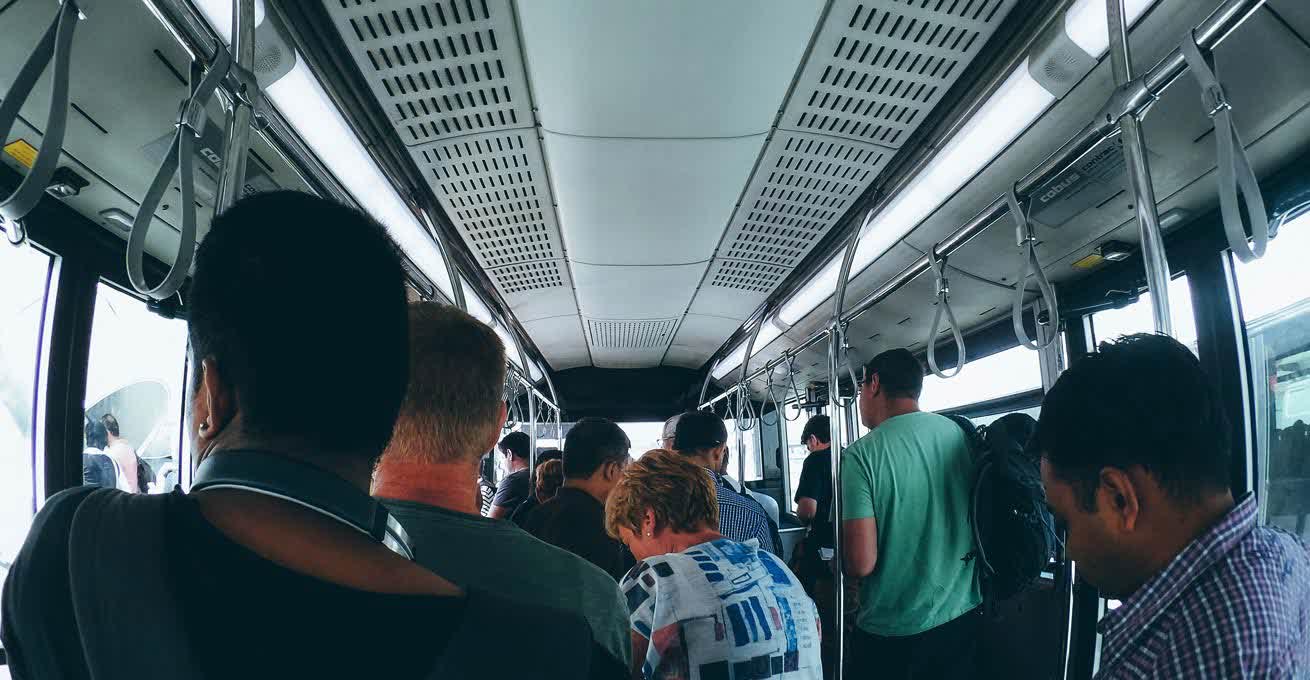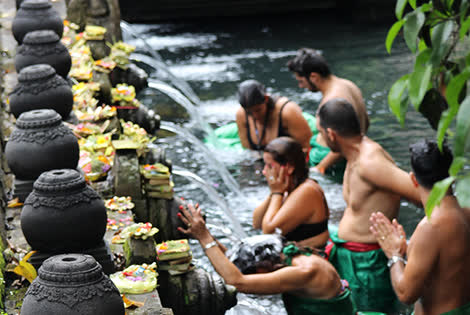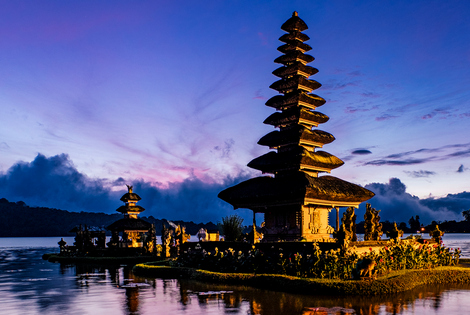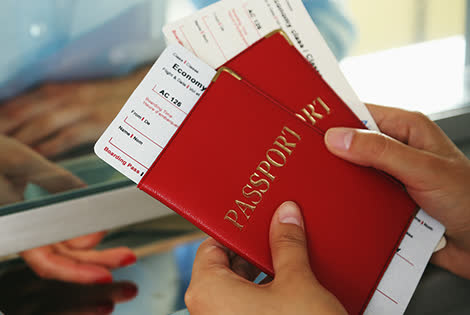Mudik in Bali

Although Bali is well-known for having a majority Hindu population in a predominantly Muslim country, Ramadhan is still experienced across the island. In the article below, learn how the festivities will affect your trip.
Cultural Context and Local Demographics
As Indonesia is the country with the biggest Muslim population in the world, Ramadhan has always been an important month here. The end of Ramadan, called Eid or Lebaran, is, without a doubt, the biggest celebration for over 241 million Indonesians who identify as Muslim. Bali, strangely, is no exception.
Bali’s Unique Position During Ramadan
Over 90% of the population in Bali province practises Hinduism, while only 8% is Muslim, making Islam a minority on the island, in a Muslim-majority country. The atmosphere of Ramadhan and Lebaran on the Island of Gods might not be as grand as in Java or Sumatra; nevertheless, the effect of this national holiday reverberates throughout Bali in a different way.
The prime examples are for those blue-collar workers who come from Java, meaning any construction project, be it a villa, a hotel, or a house, must be delayed until after Lebaran as they return to their villages.

Most food stall sellers or vendors are also closed, often for weeks, for the same reason. Bali is not immune to the euphoria of the celebration despite its status as the only Hindu-majority Island in Indonesia.
While Eid is celebrated by Muslims worldwide, marking the end of Ramadan, mudik is a phenomenon that only happens in Indonesia. The word itself originated in the Malay language in the 14th century. Still, it was in the 70s that the tradition became a yearly occurrence, partly due to the urbanisation of Jakarta as the country’s capital and central economy. Since then, the highlight of every Ramadhan is the mudik tradition. Mudik is the one people talk about on social media, especially Instagram, and the coverage in Indonesian newspapers and online news outlets is about the traffic or the volume of vehicles passing on the main roads across Java. Simply put, no information is more newsworthy than mudik.

Transport and Infrastructure During Mudik
The tradition means everyone working in other cities or islands returns to their hometowns to spend the holidays with their families. Thousands of Indonesians travel by bus, planes, trains, private cars, and, to some extent, by motorbikes.
Big companies or local governments often arrange mudik gratis or free mudik by renting public buses. It is a big deal in Indonesia, and foreigners often fail to understand the hype. The most straightforward explanation is that Eid is similar to Christmas in terms of festivity and spirit.
The main areas of concern are the airport and the Gilimanuk port. The Chief of Regional Police in Bali has stated the peak of mudik is expected to be from the 6th to the 8th of April, while on the 10th of April, which marks the beginning of the Eid celebration, there is predicted to be an influx of visitors who want to spend the holiday in Bali.
Managing the Influx
The Bali Hotels and Restaurants Association has estimated that hotel occupancy could reach 80%, and it will be concentrated in popular tourist destinations like Kuta, Nusa Dua, and Ubud.
Measures to deal with the additional flow of people include the following:
- Local officials have also planned to station over 3,500 police officers in 21 spots to help prevent congestion on the road.
- Over 48 ferries have been prepared to accommodate those crossing to Java by opening five piers
- The crossing time by sea has been shortened from 45 to 30 minutes.
Officials at Ngurah Rai International Airport have predicted that:
- Around 1.5 million domestic and international travellers will arrive in Bali
- 1.6 million passengers will be leaving the island.
- Approximately 15,000 people will land in Bali daily during the holiday, with some airlines adding extra flights to accommodate the passengers.
The Department of Transportation calculates that over 200,000 vehicles will leave Bali while about 180,000 will enter.
The traffic in Bali should not be affected too much, even if many of the locals leave the island. The roads will be full of visitors who want to enjoy their holidays. Conditions are expected to return to normal after the Eid holiday ends on the 15th of April.

OTHER ARTICLES
-
Insights about the Purification Ceremony Tradition known as Melukat
Catur
03.05.2024
-
Nyepi (Day of Silence)
Putri
06.02.2024
-
Desert Dwellers, Hatch, Bali
Putri
12.01.2024
-
New tax for tourists in Bali
Catur
13.04.2024




